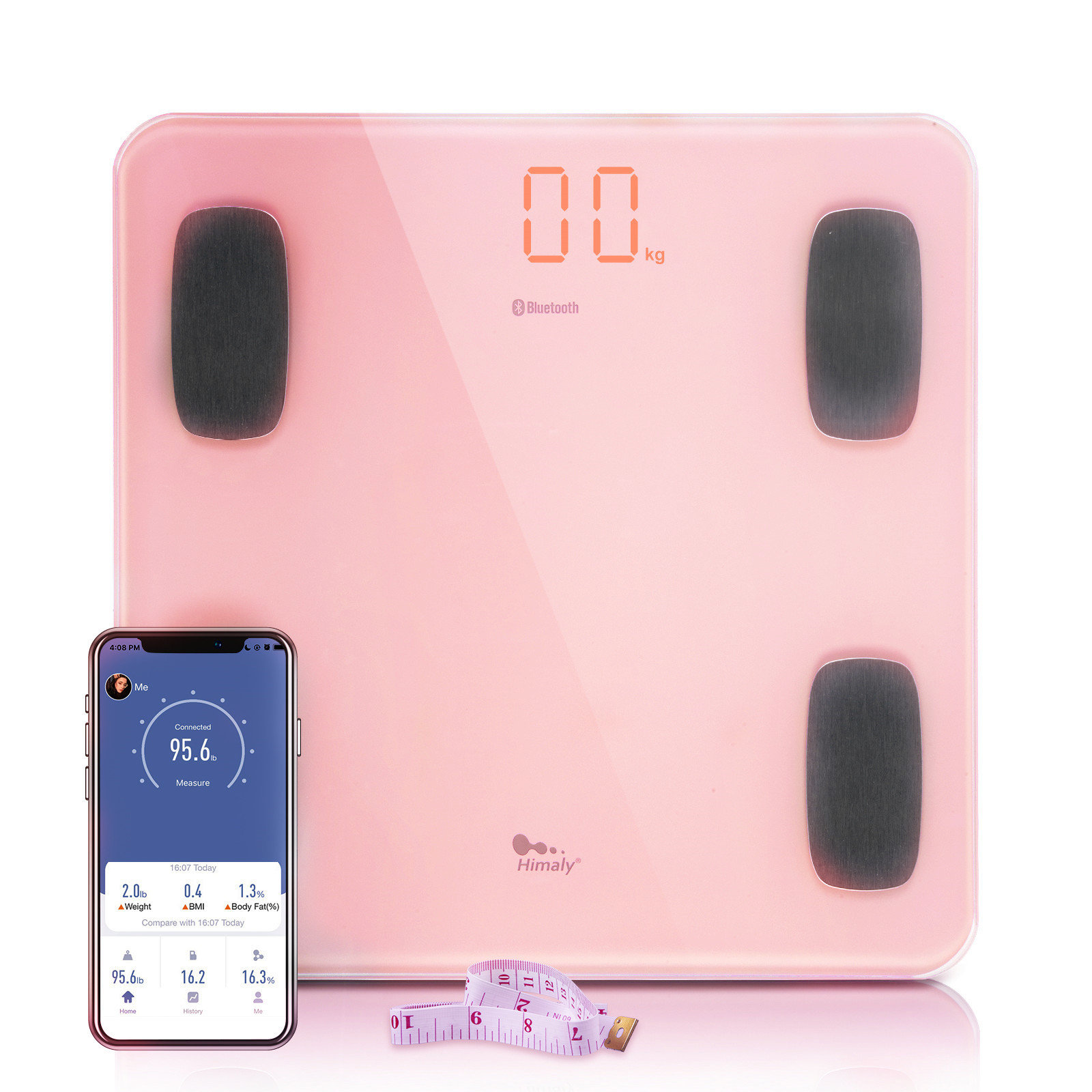If you’re wondering how character traits body analysis can improve your personal interactions, you’re in the right place.
In this guide, we’ll explore fundamentals of behavioral body analysis, covering practical examples. We’ll explain how character traits body analysis can be used in therapy, helping you spot hidden emotions.
Keep reading to discover why body analysis matters. By the end, you’ll know how to apply these insights in daily life.
Why Learn Behavioral Body Analysis
It’s not just about interpreting strangers; it’s also a tool to gain self-awareness.
Many professionals use behavioral body reading to improve therapy outcomes. Therapists may observe facial reactions to detect hidden discomfort.
This skill reduces misunderstandings and helps build trust, because you’re responding not just to words but also to what the body communicates.

Methods of Behavioral Body Analysis
Some practitioners focus on movement patterns, reading how the body carries itself to uncover emotional states or stress responses.
Behavioral body analysis also includes nonverbal cues, which can reveal momentary emotions even when someone tries to hide their feelings.
While these methods differ in focus, they all share a common goal: to understand the link between posture and psychology.

Body Analysis in Practice
Applying behavioral body reading in real life starts with observation. Begin by noticing stance in different contexts.
In professional settings, character reading helps build rapport and improve communication. Sales professionals may observe a client’s facial tension to gauge interest or resistance.
Practicing behavioral body analysis also helps in personal relationships. By paying attention to loved ones’ gestures, you may notice stress or emotional needs earlier.
Common Myths About Body Analysis
Relying solely on one signal can lead to misunderstandings.
Ethical practitioners of body analysis know it’s about observation, not judgment or labeling.
Anyone interacting with people can apply these insights to foster trust, empathy, and connection.
Understanding “The Body Explains” Method
According to this model, body posture may point to long-held emotions.
In “the body explains” practice, professionals observe body segments and map them to psychological traits.
This integrative method links personal growth, offering a holistic view of human development.
Ethical Considerations in Body Analysis
Ethical practitioners use behavioral insights to support communication, not control or manipulate.
Practitioners need cultural humility and awareness to avoid imposing biased interpretations.
When sharing insights from body analysis, it’s crucial to invite dialogue rather than declare facts.
How to Improve Your Body Analysis Abilities
Keep a journal to record patterns you observe, linking them to possible emotions or attitudes.
Reading books or attending workshops on character traits body analysis provides structured knowledge and frameworks.
The goal isn’t to “catch” people hiding things but to understand human behavior more deeply.

Final Thoughts on Body Analysis
In conclusion, behavioral body analysis offers valuable tools for anyone seeking to deepen human connection.
Each pathway invites us to notice the wisdom carried in our bodies and how it shapes interactions.
If you’re ready to apply these insights, consider observing people intentionally.
FAQ About Body Analysis
What is body analysis?
It involves studying how the body expresses subconscious tendencies and communicates beyond words.
Do you need special skills to practice body analysis?
Like any skill, body analysis improves with experience, study, and reflection over time.
Is body analysis 100% accurate?
Body analysis is an interpretive tool, not an exact science.
How can I use body analysis professionally?
It helps professionals build rapport, detect unspoken needs, and adjust communication strategies.
Are body analysis and body reading the same?
Both overlap but body analysis may explore deeper character patterns linked to the body’s form.
clique aqui